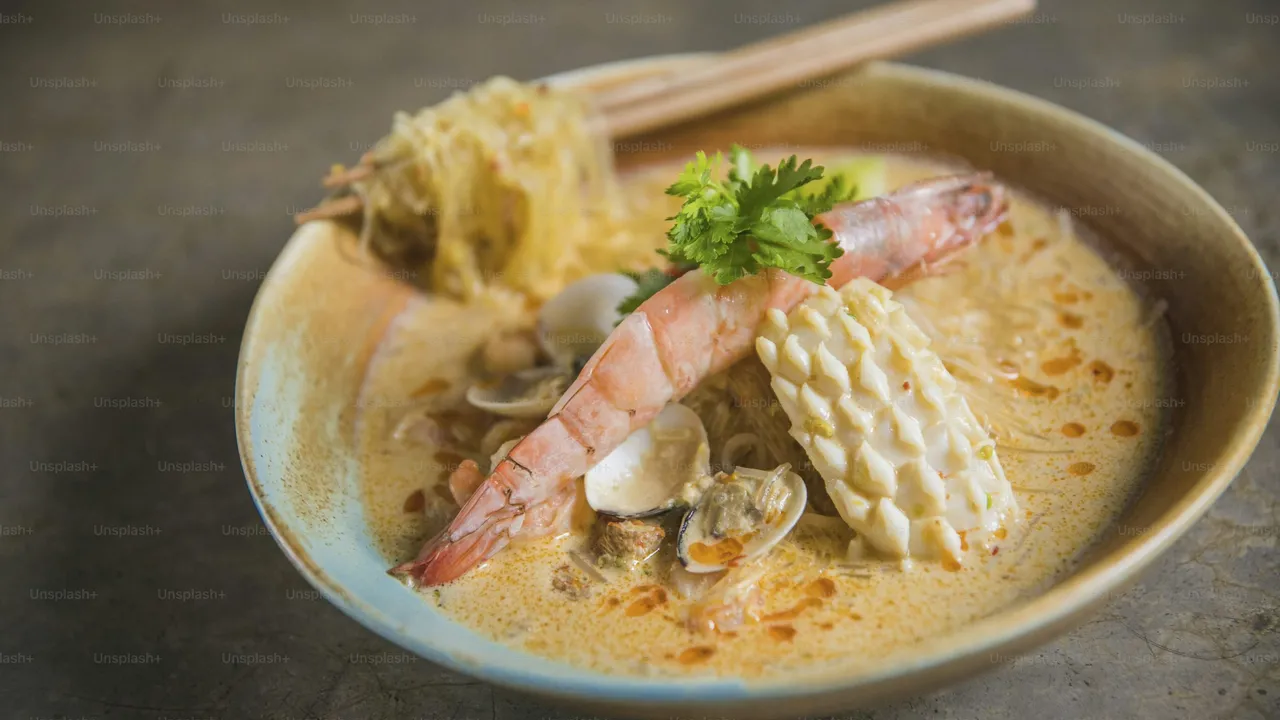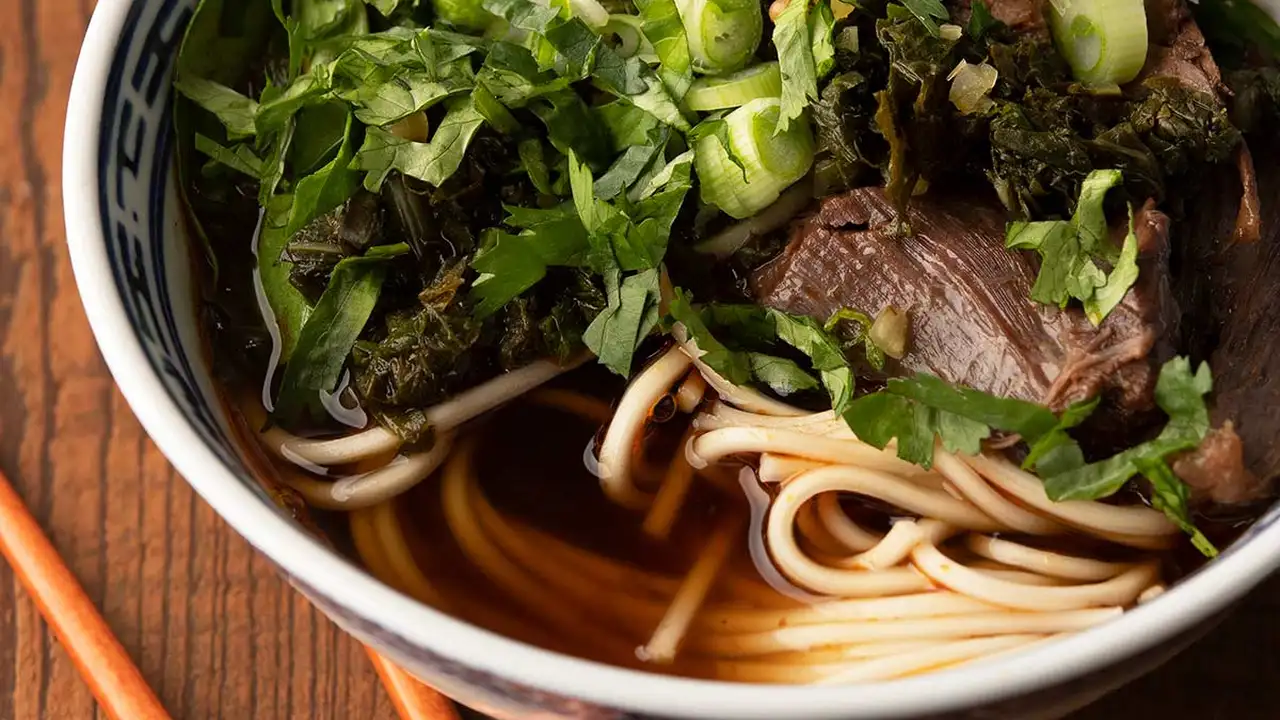Taiwan for Language Learners: Immersion and Study
Sample meta description.

Why Taiwan is a Fantastic Choice for Language Immersion Language Learning Destination
Okay, so you're thinking about learning Mandarin. Awesome! But where to go? China's huge, and the language landscape can be a little...intense. Singapore's great, but maybe you want something a little more authentic. That's where Taiwan comes in. Seriously, Taiwan is a hidden gem for language learners. Think friendly locals, delicious food (we're talking next-level night markets!), and a vibrant culture that just begs you to dive in. Forget stuffy classrooms – here, learning happens everywhere, from ordering bubble tea to haggling for souvenirs. Plus, the traditional characters are used here, which many believe are more beautiful and retain more cultural meaning.
Immersion is Key Real World Mandarin Learning
Immersion is the name of the game. We're not talking about just passively listening to Mandarin; we're talking about *living* it. From the moment you step off the plane, you're surrounded by the language. Every conversation, every street sign, every TV show is an opportunity to learn. And honestly, it's the fastest, most effective way to pick up a language. You'll be surprised how quickly you start understanding and speaking, even if you stumble at first. Embrace the mistakes – they're part of the process! Don't be afraid to strike up conversations with people. Taiwanese are generally very friendly and happy to help you practice your Mandarin. They'll appreciate your effort, even if your tones are a little off.
Study Options in Taiwan Universities and Language Centers
Of course, immersion is best complemented with structured learning. Luckily, Taiwan has a ton of great options. Many universities offer intensive Mandarin programs, catering to all levels, from absolute beginners to advanced speakers. These programs usually involve several hours of class per day, focusing on grammar, vocabulary, reading, and writing. They also often include cultural activities, like calligraphy classes or trips to historical sites. Think of it as a balanced approach – solid classroom instruction combined with real-world practice.
Alternatively, there are also dedicated language centers throughout Taiwan. These centers often offer smaller class sizes and more personalized attention. They might also specialize in certain areas, like business Mandarin or conversational Mandarin. Do your research to find a program that fits your learning style and goals.
Recommended Products and Tools for Language Learners in Taiwan Language Learning Resources
Okay, let's talk gear! Here are some must-have products and tools to supercharge your Mandarin learning in Taiwan:
- Pleco Dictionary App (Free/Paid): This is the holy grail of Mandarin dictionaries. It's packed with features, including definitions, example sentences, stroke order diagrams, and audio pronunciations. The free version is fantastic, but the paid version unlocks even more powerful tools. You'll be using this constantly, trust me. Use it when you're trying to understand street signs, menus, or even just overheard conversations. It's available on both iOS and Android.
- Anki Flashcard App (Free/Paid): Spaced repetition is key to memorizing vocabulary, and Anki is the perfect tool for that. You can create your own flashcards or download pre-made decks. The algorithm automatically adjusts the frequency with which you see each card, focusing on the ones you struggle with. It's a super efficient way to build your vocabulary. Use it on your commute, during your lunch break, or even while waiting in line for bubble tea! The desktop version is free, and the mobile app is a one-time purchase.
- Portable WiFi Router (Rental - ~$5/day): Staying connected is crucial for accessing online resources and communicating with friends and family back home. Renting a portable WiFi router is a convenient and affordable option. You can pick one up at the airport upon arrival. This allows you to use Pleco, Anki, Google Translate, and other online resources wherever you go.
- EasyCard (Stored Value Card - ~$30 for card + initial value): This is your ticket to getting around Taiwan. The EasyCard can be used on the MRT (subway), buses, trains, and even at some convenience stores. It's a hassle-free way to pay for transportation and makes exploring Taiwan much easier. Plus, it's reloadable, so you can keep using it throughout your stay.
- "Far East Everyday Chinese" Textbook Series (~$20/book): This is a very popular textbook series for learning Mandarin. It's used in many language programs in Taiwan and provides a solid foundation in grammar and vocabulary. It also includes audio recordings to help you improve your pronunciation. It's a good supplement to your immersion experience.
Product Comparison Budget vs Premium Options
Let's break down the product options in terms of budget and premium choices:
- Dictionary App: Pleco (Free) is a fantastic budget-friendly option. The paid version offers more advanced features, but the free version is still incredibly useful. For a premium option, consider the paid version of Pleco or the ABC Chinese-English Dictionary, which is a more comprehensive dictionary with a larger vocabulary, but its interface can be clunky compared to Pleco.
- Flashcard App: Anki is the clear winner here, regardless of budget. The desktop version is free, and the mobile app is a one-time purchase. There are no comparable free or paid alternatives that offer the same level of customization and spaced repetition functionality.
- WiFi Router: You can often find cheaper options by pre-booking online or checking with local telecom providers. However, the convenience of picking one up at the airport is worth the extra cost for some people. Consider buying a local SIM card if you plan to stay for longer than a few weeks. The cost is generally much lower, but you will need an unlocked phone.
- Transportation: The EasyCard is a must-have, regardless of budget. It's the most convenient and affordable way to get around Taiwan. Alternatively, you can pay for each ride individually, but it's much more time-consuming and can be more expensive.
- Textbooks: There are many different textbook series available, so shop around to find one that fits your learning style and budget. "Far East Everyday Chinese" is a good starting point, but you can also find free resources online, such as grammar explanations and vocabulary lists.
Real World Scenarios Using Your New Language Skills Practical Application
Here are some real-world scenarios where you can put your Mandarin skills to the test:
- Ordering Food at a Night Market: This is a classic Taiwan experience. Use your Mandarin to order your favorite snacks, like stinky tofu, bubble tea, or shaved ice. Don't be afraid to ask questions about the ingredients or preparation methods. The vendors will appreciate your effort to speak Mandarin.
- Asking for Directions: Getting lost is part of the adventure, but knowing how to ask for directions in Mandarin can save you a lot of time and frustration. Learn some basic phrases like "請問,...在哪裡?" (Qǐngwèn, ... zài nǎlǐ? - Excuse me, where is...?) and "怎麼走?" (Zěnme zǒu? - How do I get there?).
- Bargaining at a Market: Bargaining is common in many markets in Taiwan. Use your Mandarin to negotiate a lower price on souvenirs or clothing. Start by offering a lower price than you're willing to pay and see what happens. Be polite and respectful, and you might be surprised at how much you can save.
- Making Friends with Locals: One of the best ways to improve your Mandarin is to make friends with locals. Strike up conversations with people you meet in cafes, parks, or at language exchange events. Ask them about their lives, their culture, and their favorite places in Taiwan.
- Watching Taiwanese TV Shows or Movies: Immerse yourself in the language by watching Taiwanese TV shows or movies. Start with subtitles and gradually try to wean yourself off them. Pay attention to the pronunciation, intonation, and slang used by the characters.
Tips for Maximizing Your Language Learning Experience in Taiwan Effective Strategies
Here are some additional tips to help you maximize your language learning experience in Taiwan:
- Find a Language Partner: A language partner can help you practice your speaking and listening skills. You can find language partners through online forums, language exchange events, or even just by striking up conversations with locals.
- Set Realistic Goals: Don't try to learn everything at once. Set realistic goals for yourself and celebrate your progress along the way. Focus on mastering the basics before moving on to more advanced topics.
- Be Patient: Learning a new language takes time and effort. Don't get discouraged if you don't see results immediately. Keep practicing and you will eventually make progress.
- Have Fun: Learning a new language should be enjoyable. Find ways to make the process fun, such as watching movies, listening to music, or playing games in Mandarin.
- Don't Be Afraid to Make Mistakes: Everyone makes mistakes when learning a new language. Don't be afraid to speak, even if you're not sure if you're saying things correctly. The more you practice, the better you will become.
Beyond the Classroom Exploring Taiwanese Culture
Learning a language is about more than just grammar and vocabulary; it's about understanding the culture. Taiwan has a rich and vibrant culture, with influences from China, Japan, and indigenous peoples. Take the time to explore Taiwanese culture by visiting temples, museums, and historical sites. Attend festivals, try new foods, and learn about local customs. The more you immerse yourself in the culture, the better you will understand the language.
So, what are you waiting for? Book your ticket to Taiwan and start your Mandarin language learning adventure today! You won't regret it.
:max_bytes(150000):strip_icc()/277019-baked-pork-chops-with-cream-of-mushroom-soup-DDMFS-beauty-4x3-BG-7505-5762b731cf30447d9cbbbbbf387beafa.jpg)






